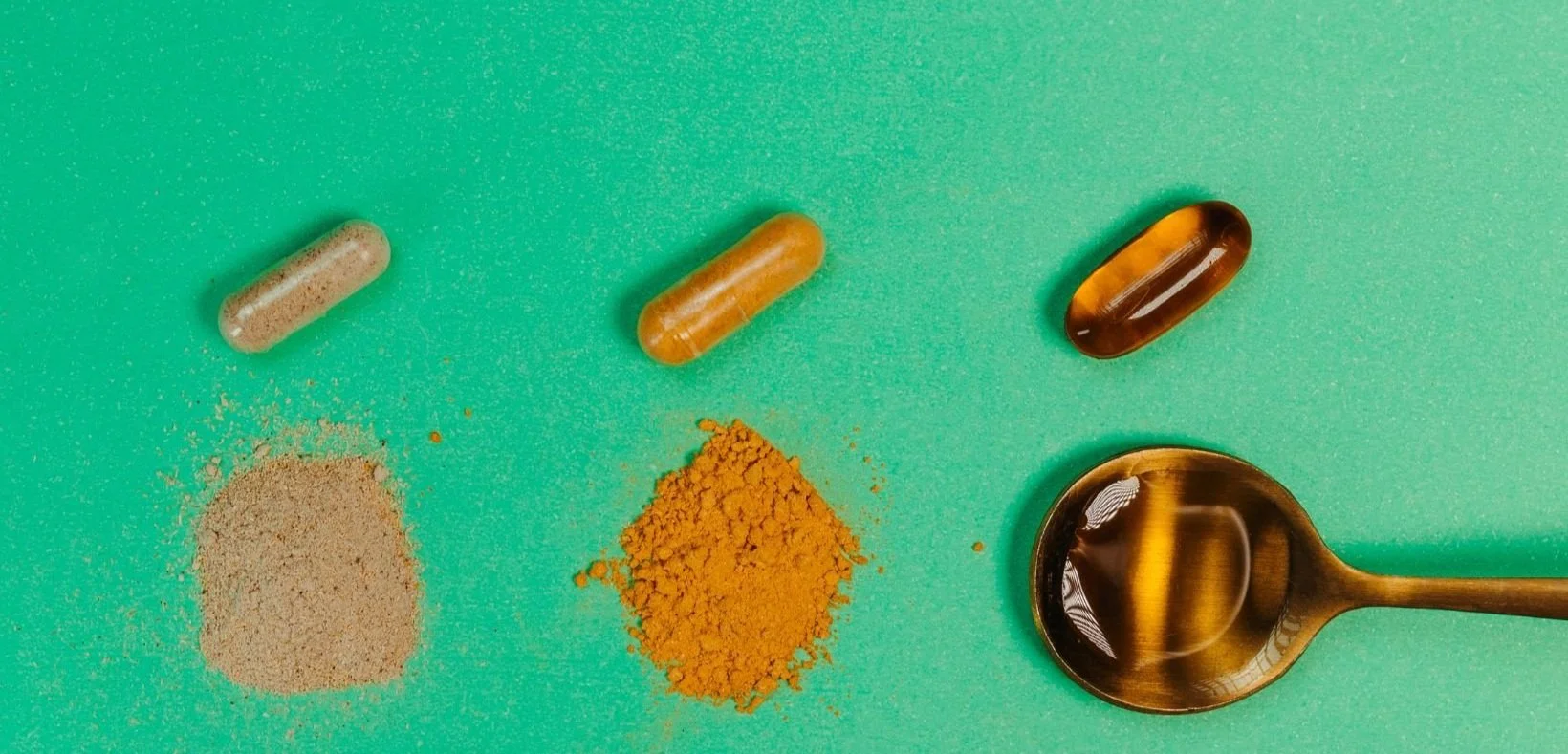If you don’t know your vitamin B12 levels, read this👇
B12 is essential for the brain and nervous system, but some people most at risk of low levels include:
✔️ Older adults
✔️ Those with gut issues or low stomach acid
✔️ People on acid blockers or metformin
✔️ Vegans & vegetarians
New research studied 231 healthy older adults with B12 levels well within the “normal” range. But despite that, they found:
▪️ Lower B12 (even within normal range) → linked to slower cognitive processing & brain changes
▪️ Higher levels of an ✨inactive form of B12✨ → linked to increased tau protein, a marker of neurodegeneration
This means standard B12 tests may be missing critical markers of brain health.
So, what can you do?
✅ Talk to your practitioner about checking MMA and homocysteine along with serum B12.
✅ Supplement with bioavailable B12 (methylcobalamin + adenosylcobalamin).
✅ Don’t wait for symptoms—B12 imbalances can be silent for years.
Was this new information for you?
If you want a truly preventive and proactive approach to your health, we’d love to help.
#drelizabethcantrell #naturalmedicine #naturopath #naturopathic #naturopathicdoctor #naturopathicphysician #functionalmedicine #functionalmedicinetesting #colga #columbusga #ftmoore #ftbenning #auburnal #opelikaal #phenixcityal #b12 #vitaminb12 #nutrientlevels





